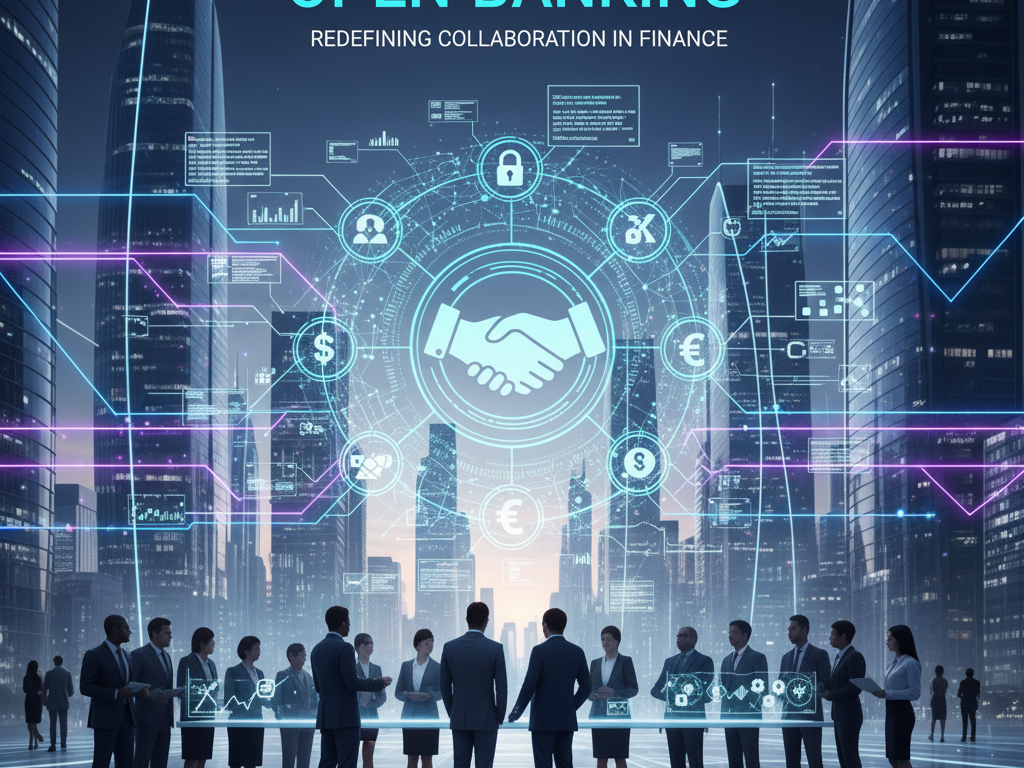Open Banking: Redefining Collaboration in Finance
09/26/2025

Open Banking initiatives are transforming how consumers control their financial data. By allowing secure data-sharing between banks, FinTechs, and third-party providers, Open Banking fuels innovation in personal finance management, lending, and payments. The challenge lies in balancing customer consent, privacy, and interoperability across markets. 2. The Rise of Embedded Finance From ride-hailing apps offering insurance to e-commerce sites extending buy-now-pay-later (BNPL) options, embedded finance is blurring the lines between banking and non-banking platforms. This trend makes financial services more accessible, invisible, and contextual, creating opportunities for businesses to monetize engagement while simplifying user journeys. 3. Central Bank Digital Currencies (CBDCs): Promise or Peril? CBDCs are no longer theoretical — countries like India, China, and the EU are piloting their versions. They promise financial inclusion, lower transaction costs, and reduced cash reliance. However, concerns about surveillance, privacy, and disruption of traditional banking need to be addressed before mass adoption. 4. The Power of RegTech in Compliance As regulations grow more complex, RegTech is stepping in with AI, automation, and blockchain-based solutions to streamline compliance. From KYC/AML verification to fraud detection, RegTech enables institutions to stay ahead of regulators while reducing costs. The future of FinTech depends on how seamlessly RegTech is integrated. 5. Sustainable FinTech: Green is the New Growth Sustainability is becoming central to financial innovation. Green FinTechs are introducing carbon-tracking tools, climate-focused investments, and ESG-driven lending. PayTech platforms, too, are encouraging paperless, eco-friendly payments. As investors and consumers demand more responsible finance, green FinTech could be the next big wave. 6. The BNPL Boom: Convenience or Concern? Buy Now Pay Later (BNPL) services are changing consumer spending habits worldwide. They provide flexibility and affordability, especially for younger generations. But regulators warn of potential over-indebtedness and lack of transparency. The future of BNPL will depend on responsible growth and consumer education. 7. Metaverse Payments: Preparing for a Virtual Economy As the metaverse gains traction, PayTech is preparing to enable seamless digital transactions in virtual worlds. From crypto wallets to tokenized assets, innovation is reshaping how value is exchanged in immersive environments. Questions of interoperability, regulation, and user protection will define how fast metaverse payments mature.


